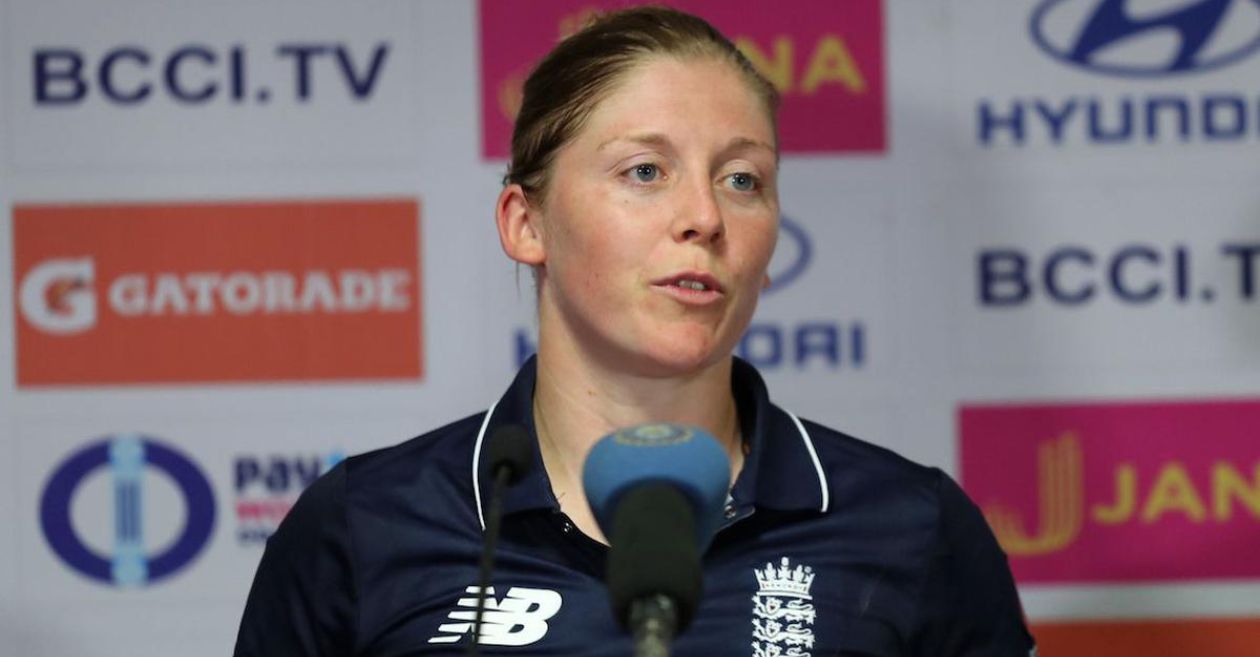Days following the release of the Independent Commission for Equity in Cricket report, which highlighted widespread discrimination within English cricket, England Women’s captain Heather Knight has come forward with a shocking revelation about her early days in the game. Knight disclosed an incident of sexism she faced when someone asked her if she did the ironing work for men after practice, shedding light on the long road ahead for English cricket in achieving equality in the sport.
Speaking on the eve of England’s first T20I against Australia in the Women’s Ashes, Knight expressed her concerns about the progress of equality in cricket. Recalling her experience, she said, “I started out playing men’s club cricket and being asked: ‘Do you do the ironing for the men when you’re finished?’. Tomorrow I’ll lead my side out in front of a near full-house with 85,000 tickets sold for the whole series.”
While acknowledging the significant advancements cricket has made, Knight emphasized that there is still much work to be done to address the prevailing inequalities within the game. As a collective group of England women cricketers, they strongly advocate for change and aspire to play a vital role in pushing the game forward towards equality.
“Cricket has come very far but it’s also got a long way to go. As a group of England women cricketers we feel really strongly about this. We want to be a key part of that in pushing the game forward,” she added.
The independent report on the culture of England cricket, which uncovered racism, class-based discrimination, elitism, and sexism deeply rooted within the sport, serves as a backdrop to Knight’s revelations. According to the report, half of the respondents claimed to have experienced discrimination within the past five years. Shockingly, the statistics revealed that 87% of players of Bangladeshi and Pakistani heritage, 82% of Indian heritage players, and 75% of black players reported instances of discrimination.
The findings of the report highlight the urgent need for transformative actions and reforms within English cricket. The revelations made by Knight and the broader issues raised by the independent commission demonstrate the imperative for systemic changes to foster a more inclusive and equitable environment within the sport.
